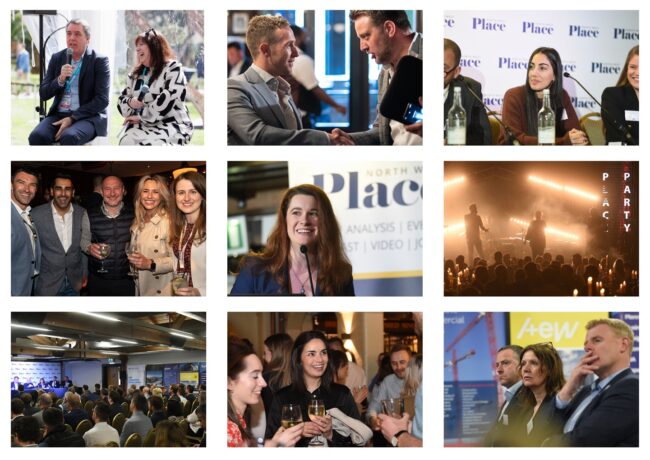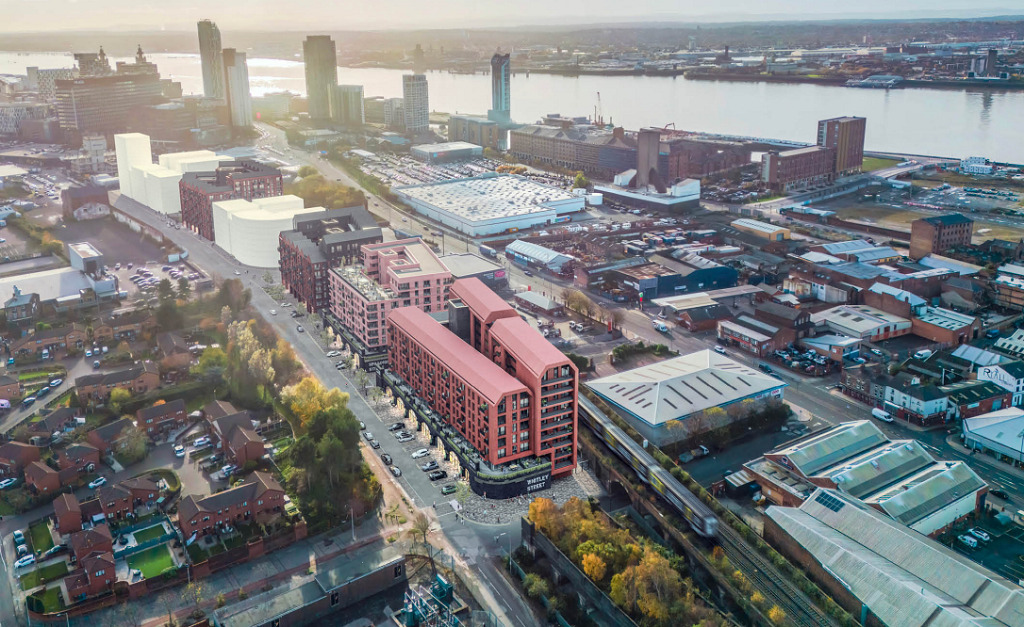RESOURCES | People Power: can traditional landlords compete in a ‘We-Work’ world?

Hannah Al-Shaghana of Slater Heelis writes:
How a business operates, and in particular where it operates from, is evolving.
This is primarily down to the digital revolution and our reliance to transact, market and create business opportunities using the worldwide web. That, coupled with the fact there is a greater emphasis to provide flexible working, is now encouraging some businesses to occupy business premises on a very flexible modern, transparent basis.
In the larger regions, we are now seeing the popularity of intermediary landlords (such as Myspace and WeWork) who are offering attractive new flexible working arrangements or “workspaces” as they call them.
These workspaces are available on short term agreements with all inclusive fees. These fees include attractive amenities such as super fast internet, 24/7 access, first class technology, mail and package handling, use of “shared space areas”, fresh fruit and water, office supplies, roasted coffee, front desk service etc.
The workspaces are usually situated in high class grade A premises (either purpose built or structurally altered to provide a high spec environment) and these premises are situated in central areas of major cities.
So what’s the catch?
Well, it is more expensive. The fees, however, do take into account the amenities as well as the flexible workspace arrangement on offer, including a “pay as you go” type plan. As such, these arrangements do allow business owners to stop, change or enhance their work space arrangements as they please. It also provides an alternative way to occupy high spec buildings without having to commit to long term traditional commercial leases.
Can traditional landlords compete with these workspaces?
Yes they can – if they are willing to change their outlook and embrace more people-centric user experience.
Millennials will make up an estimated 75 per cent of the workforce by 2025 and these people have different expectations from the generations that have preceded them.
Millennials behave differently and have different expectations of where they work, who they work with and how they interact.
The key word is ‘connectivity’ – providing a personalised platform for tenants to centrally manage every aspect of their day. So traditional landlords who think simply buying a posh coffee machine will do the trick are in for a shock.
Landlords must find out what their tenants (and prospective tenants) want and value, how they want to ‘experience’ work.
If travel is an issue – how can a landlord help facilitate people movement – shuttles, bike rooms, parking apps…?
Do people work unsociable hours? If so, how can daytime services be incorporated? Think laundry, grocery supplies, health and wellbeing facilities…
Connectivity
The possibilities of connecting people with other people and services that will make their lives easier and more enjoyable is, thanks to modern technology, and in particular the smartphone, literally endless.
Some 80 per cent of millennials say technology will have a influence when deciding whether to take a job. A landlord’s tenants are almost certain to be aware of this, so landlords wanting to compete must catch up with modern workplace needs and desires.
Whether they like it or not, it is technology that will define the modern office.
Put simply – traditional landlords not wanting to be left behind need to start seeing themselves not as a supplier of a physical asset – but a user experience provider that understands how to put tenant experience first.
Those that still believe simply applying a fresh coat of paint before hoping to hand over the keys on another long term let are already paying the price.
For advice on any aspect of commercial property landlord and tenant matters, contact me on 0161 672 1426 or email hannah.al-shaghana@slaterheelis.co.uk
This article was originally published on Place Resources.




